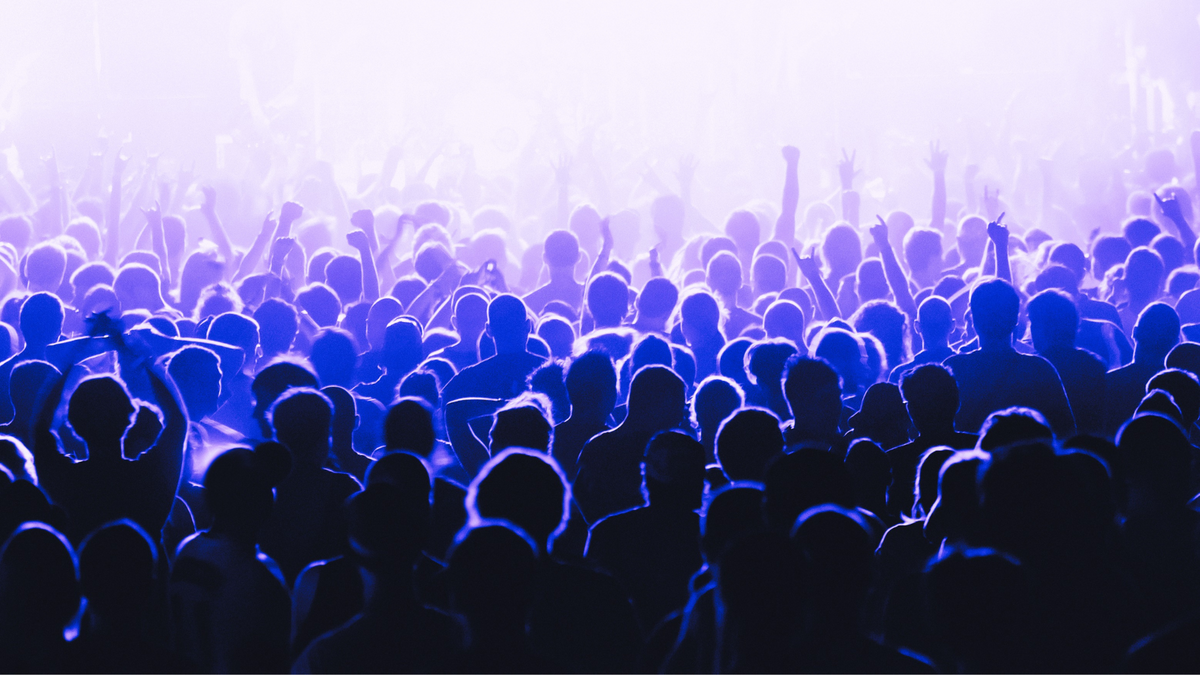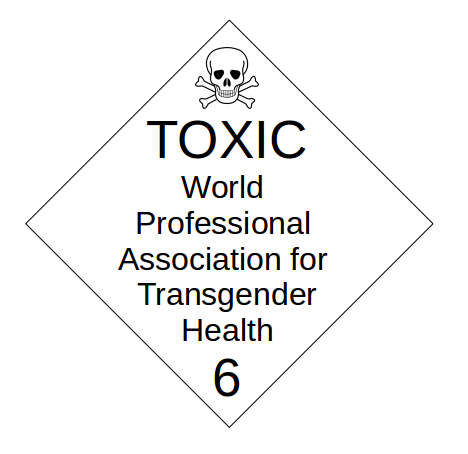The Identity Trap: Part 1
Can a full human life really be boiled down to a series of labels?

Author's note: This is an expanded version of a draft that I submitted as part of the last chapter of “A Politically Incorrect Feminist.” It was rejected as were some other attempts to describe my 21st century work.
I have always wrestled with and rejected the demand to identify myself by one descriptor—and by one descriptor only. Way back, in the Dark Ages, one was either “gay” or “straight.” One’s genitalia or rather, whom one slept with (or sexually desired), was the measure of all things. I thought that this simplistic balkanization of identity would make it very hard to act collectively for the greater good, especially when working with those who are not at all like oneself.
Who am I? Damned if I know. Can a single label define me? Or anyone else?
I have never described myself primarily in terms of my sexual identity. That is so absurdly reductive. Like Walt Whitman, we each contain “multitudes.” Virginia Woolf put it this way: “I am not one and simple, but complex and many.”
We are daughters/sons, mothers/fathers, grandmothers, sisters, wives, friends, neighbors, and colleagues; we belong to religious, ethnic, racial, and class groups—but we also belong to our dreams, which may be ever-changing, and to the work we do. We are of a certain generation, have grown up on one continent, not another, enjoy good health or poor health, feel responsible to our blood relatives or to our country or to some ideology which might also be ever-evolving.
Who am I?
Well, I'm a writer, a feminist, a Jew—but since there are so many different kinds of writers, feminists, and Jews, defining myself in these ways would hardly convey who I am.
Perhaps who I am is the work that I do, the ideas that I have. If you look for me you may find me in my books and articles—but not really. Once I’ve finished a book I’m no longer there, I’ve moved on.
Perhaps who I am is what I love, how I spend my time, what moves me.
I love: People who are brave, smart, and kind. I love helping those who are worthy or in need, I also love a good laugh, a sparkling conversation. I love my family, my friends, studying Torah, old Broadway musicals, great films, great books, cabaret music, doo-wop, blues, gospel, jazz, and classical music, especially opera. But none of this defines who I “am.”
“Since there are so many different kinds of writers, feminists, and Jews, defining myself in these ways would hardly convey who I am.”
How about my sexual identity?
Is it possible to have been outrageously boy crazy, to have had two husbands, a number of serious boyfriends, and scores of love affairs with men—and still be counted as gay?
Bisexual, eventually, perhaps; gay, no. Being “bisexual" doesn’t convey who I am.
I may have lusted for men, but women also had the power to “stir my imagination.” I was drawn to the “boy” in the girl, and the “girl” in the boy. I’m not talking about transgender performances but about naturally fluid wonders: butch dykes, beautiful boys—outrageously butch boys, too.
I have now lived with another woman for more than thirty years. Is this union my “identity?”
I think not.
To me, being homosexual once meant that you were an artiste or a revolutionary. Whom you slept with was important, but not as important as whether you were witty, original, interesting—outrageous. The historically bohemian nature of homosexuality (which was a mainly male phenomenon) attracted me.
But today, being "gay" has come to mean defining yourself purely in sexual terms, as if how you have an orgasm or whether or not you wear frilly dresses or men’s suits, i.e. conform to sex-role stereotypes, which is supposed to constitute your identity. You’re not a promising actor, scientist, lawyers, painter, politician, or scholar. You’re gay, bisexual, etc.
Being “gay” or gender fluid has become so democratized that it’s bourgeois. You don’t have to do anything other than identify as “gay” or “trans” to be entitled to both victim status and to the same rights that straight people have to marry, receive tax and inheritance benefits, become parents, etc.
For God's sake: I favor equal legal rights, but for single and asexual people too.
I'm disabled. Does that tell you who I really am? Not really. I'm still "myself." And yet... I'm also not who I once was, and not who people need me to be. Being walking-disabled means that I have to strategize all my out-of-door activities. There are certain things that I can no longer do—like walk for hours, aimlessly, effortlessly, through cities or parks; comfortably visit more than one museum exhibit at a time. Traveling alone out of town or abroad is impossible. Oh, how my wings have been clipped!
“Now that I’ve made it through all the checkpoints of intersectionality—do you think you really know me?”
However, if one is lucky enough to live a long life, and I have, this (and so much worse) can happen. I try to accept my limitations and work around them. I have fewer distractions, hence, more time to read, write, and think.
I’ve always been reluctant to generalize about female psychology as a function of race or religion. Are Jewish-American women really all "pushy?" Are African-American women really all "angry?" Are Caucasian-Christian-American women all cold—and do they all have high self-esteem because they’re not racially oppressed?
Individual differences are as important as what people have in common.
For its time, (1972), my first book, Women and Madness, was politically correct in every way. I wasn't writing only about Caucasian women. I included both African- and Hispanic-American faces and interviewees. I talked to Third (and Fourth) World women about their experiences with psychiatry, psychotherapy, race-based liberation movements, feminism, and lesbianism. I quoted Toni Morrison, Frances Beal, Joanna Clark, and The Fourth World Manifesto, among others.
I had learned that many African-American women had grown up in all-female households in which mothers, grandmothers, and aunts often headed the family and that this was a different experience than that known by most white children in male-dominated households. I interviewed, counseled, taught, and befriended African-American women, many of whom carried themselves with enormous dignity—and some of whom suffered from profoundly damaged self-esteem often masked by an outward show of “toughness.”
And so—would this heightened sensitivity to racism (for that time), help me understand a particular patient or a student? I did not find that this was so.
Class is a tricky issue. I'm of working-class origin, and that will never change no matter how many books I may read or write. However, given my education and professional accomplishments, my class is hard to define.
As to religion/race/ethnicity: What a tragic mess! As a Jew, I know how deep racism cuts. I "get" why African-Americans (or First Nation peoples, or Asian-, Hispanic-, and Muslim-Americans), might want to work with their own kind. Sometimes, so do I.
I'm named after my paternal grandmother, a woman who was hacked to death by Cossacks in Ukraine! I bear her name and some part of her DNA. How can I ever forget? She ran a tea-shop. Did her killers come for her in the morning—after she'd prepared the first samovar for the day, or was it a midnight raid? Were the unarmed Jews asleep—did she have time to recite the Sh'ma before the laughing, drunken men cut her down?
I carry the DNA of all my relatives whom I never got to meet because they were murdered in pogroms and in the Holocaust. My missing, extended family—all up in smoke.
Now that I’ve made it through all the checkpoints of intersectionality—do you think you really know me? Would you know me as well if I’d only listed one descriptor?
4W provides a platform for over 70 feminist writers in countries spanning the globe. This work is made possible thanks to our paid monthly subscribers. Join today to support our work!
Enter your email below to sign in or become a 4W member and join the conversation.
(Already did this? Try refreshing the page!)




Comments